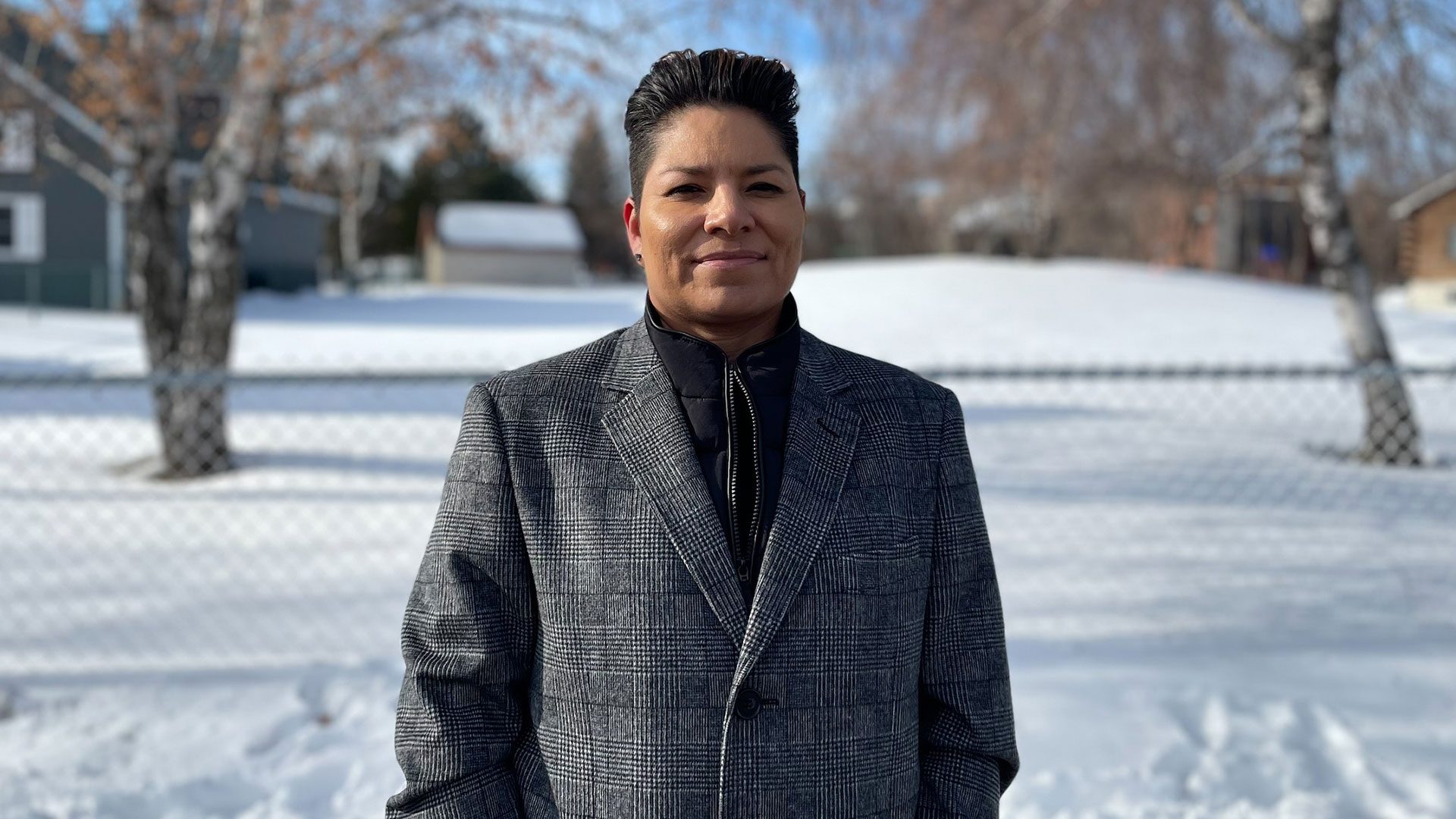Kahnawà:ke may be easy to drive past en route to Montreal, but it’s impossible to miss in the online gaming world.
It’s home of the iGaming company Mohawk Online, owned and operated by the Mohawk Council of Kahnawà:ke (MCK).
Entain plc, a multinational online gaming corporation, acquired AVID, Mohawk Online’s business-to-business provider, for $300 million CDN.
Mohawk Online CEO Dean Montour said it won’t affect day-to-day operations but could encourage growth.
“The fact that we have, you know, I’ll say an unlimited resource backing from them is very helpful for us as a First Nation in Canada,” said Montour.
Mohawk Online operates iGaming site Sports Interaction, which generated over $9 million in 2020.
Grand Chief Kahsennenhawe Sky-Deer said being an online gaming hub has helped Kahnawà:ke prosper.
“It’s very important for us to have own-source revenue to put resources into things that maybe we don’t get as much money from the government to do so,” Sky-Deer told APTN News.
Sky-Deer called Sports Interaction a “socioeconomic revenue generator for the community,” and that profits provide money for Kahnawà:ke’s essential services, including COVID-19 relief and Mohawk language initiatives.
Profits are also donated to grassroots organizations.
The council developed its own regulatory framework in 1996 and established the Kahnawà:ke Gaming Commission under Mohawk jurisdiction. The territory is also home to the Mohawk Internet Technologies data centre, which hosts iGaming websites around the world.
Yet while MCK’s online gaming is doing well internationally, its online gaming industry has yet to have official legal recognition from the Canadian and Quebec governments.
“Any time it feels like First Nations people try to create any kind of industry for themselves, whether it’s tobacco or gaming if any kind of external governments aren’t benefitting from it, whether it’s some kind of tax regime or permitting system, they deem it illegal, or that it’s contraband,” said Sky-Deer.
Since 1985, Canada’s Criminal Code indicates that all gaming must be regulated by provinces. Murray Marshall, a lawyer for Mohawk Online, said these legalities were established with no regard for First Nations’ constitutional rights.
“In 1985, there was no consultation with First Nations, there was no consideration of their interests in this particular industry, despite the fact that it’s 1985, so that’s three years after the constitution was amended to add Section 35,” said Marshall.
Mohawk Online and the Kahnawà:ke Gaming Commission have operated under Mohawk sovereign jurisdiction as per Section 35 of the Canadian Constitution, which recognizes and affirms existing Aboriginal treaty rights.
While Kahnawà:ke is still lobbying for an amendment to include First Nations as regulators, the Ontario government is pushing Mohawk Online to get permits for that province.
“When you have a [public limited company] like Entain invest in Kahnawà:ke, it is a nod to the business, to the success of our business, and it’s also a nod politically to the legality of our jurisdiction,” said Montour.
Marshall said that despite outsider speculation on the legality of Kahnawà:ke’s gaming industry, Canada and Quebec have taken a hands-off approach.
“More than 25 years that Kahnawà:ke’s been exercising and asserting its jurisdiction over gaming, there’s never been a legal challenge,” said Murray.
Unlike other Canadian provinces, Quebec does not share gaming revenue with First Nations within its provincial borders.
“They actually have Lottery Quebec terminals all in our territory, we don’t really see any kind of return or benefit from that, we just kind of coexist, I guess, at this point, and that’s how it should be,” said Sky-Deer.










